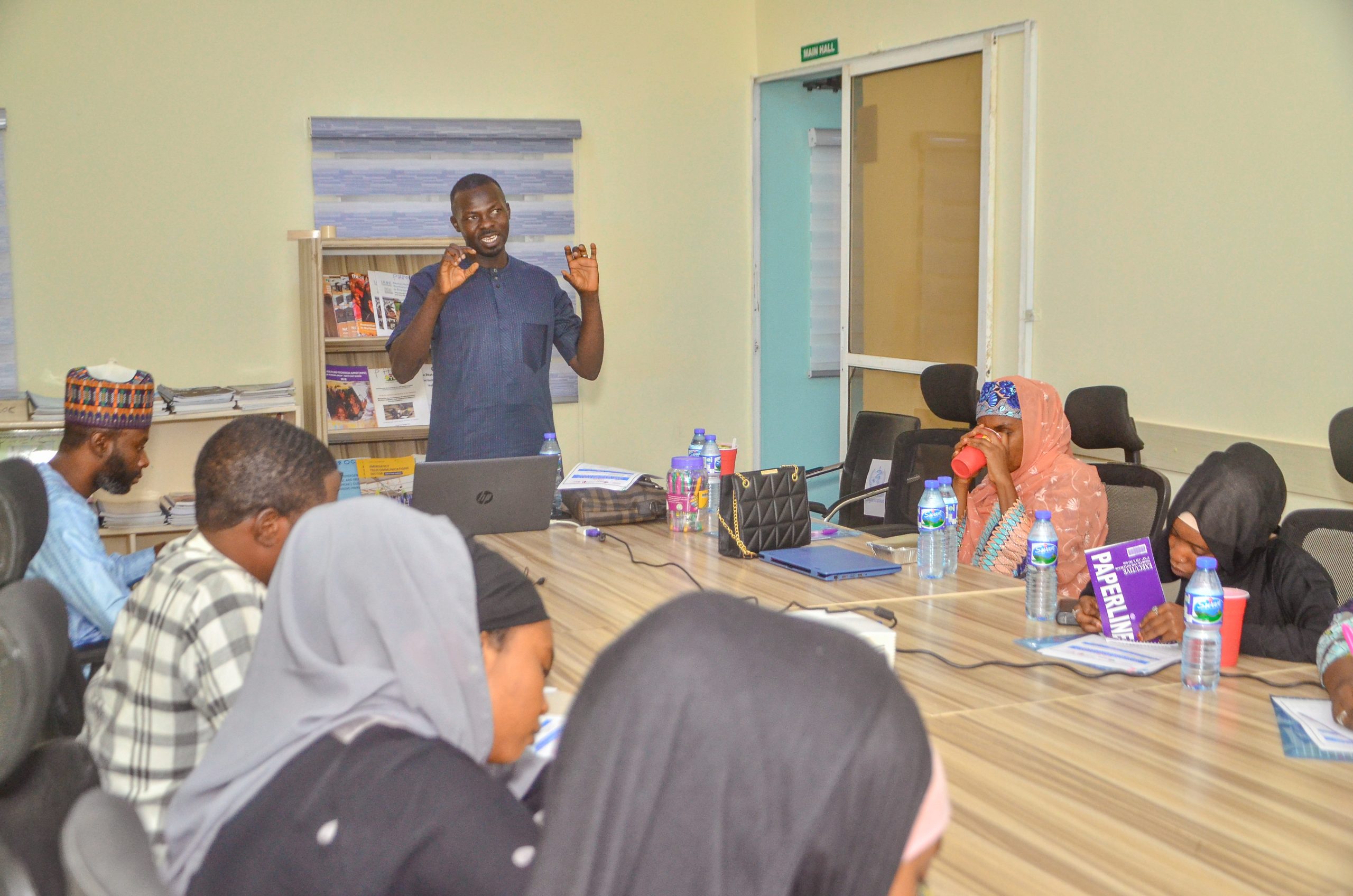Empowering Research Excellence: Training in Methodology and Ethical Principles

In the pursuit of impactful research outcomes, Explore Aid Nigeria recognizes the paramount importance of equipping researchers, research assistants, and project staff with the necessary skills and ethical frameworks. Through comprehensive training in research methodology and ethical principles, our aim is to cultivate a culture of excellence, integrity, and social responsibility within our research endeavours.
Methodology Training: Central to our training program is the in-depth exploration of research methodologies. Participants were introduced to both qualitative and quantitative approaches, gaining a nuanced understanding of their respective strengths and applications. Through interactive sessions and practical exercises, they learned to apply robust research protocols, understand and correctly approach research questions, and select appropriate data collection methods. The training also emphasized the importance of data analysis techniques, ensuring that participants are equipped to derive meaningful insights from research findings.
Ethical Principles and Protocols: Ethical integrity lies at the heart of all research conducted under the auspices of Explore Aid Nigeria. Our training provided a comprehensive overview of ethical principles and guidelines governing research conduct, including those outlined by international bodies such as the Declaration of Helsinki and the Belmont Report. Participants engaged in discussions and case studies exploring ethical dilemmas commonly encountered in field work and research settings, thus learning how to navigate these challenges with integrity and sensitivity.
Key Areas of Focus in The Training Were:
- Informed Consent: Participants learned about the importance of informed consent and strategies for obtaining it ethically, ensuring that participants fully understand the nature and purpose of the research and their rights as participants.
- Confidentiality and Data Protection: The training delved into the importance of safeguarding participants’ confidentiality and ensuring the secure handling of research data, emphasizing the need for stringent data protection measures.
- Cultural Sensitivity: Recognizing the diverse cultural contexts in which research is conducted, our training emphasized the importance of cultural sensitivity and respectful engagement with participants from different backgrounds.
- Community Engagement: Participants learned about the significance of engaging with communities and stakeholders throughout the research process, fostering transparency, trust, and collaboration.
Outcomes and Impact
By investing in training that prioritizes research excellence and ethical conduct, Explore Aid Nigeria empowers researchers, research assistants, and project staff to conduct research that is not only methodologically rigorous but also ethically sound and socially responsible. Armed with the knowledge and skills acquired through our training programs, participants are better equipped to contribute to meaningful research outcomes that address pressing social issues and drive positive change in our communities.
At Explore Aid Nigeria, we are committed to fostering a culture of research excellence and ethical integrity. Through our training in research methodology and ethical principles, we empower our research teams to uphold the highest standards of conduct, ensuring that our research endeavours make a meaningful and positive impact on the lives of those we serve.